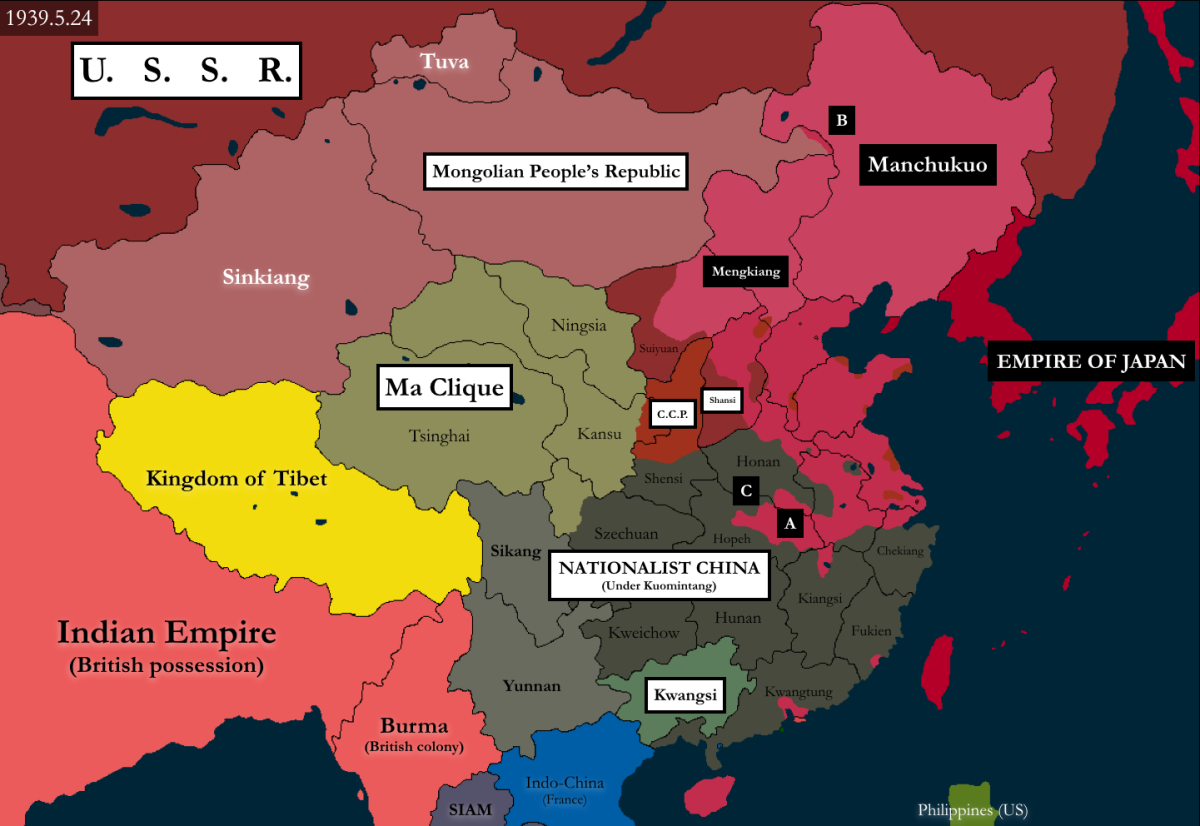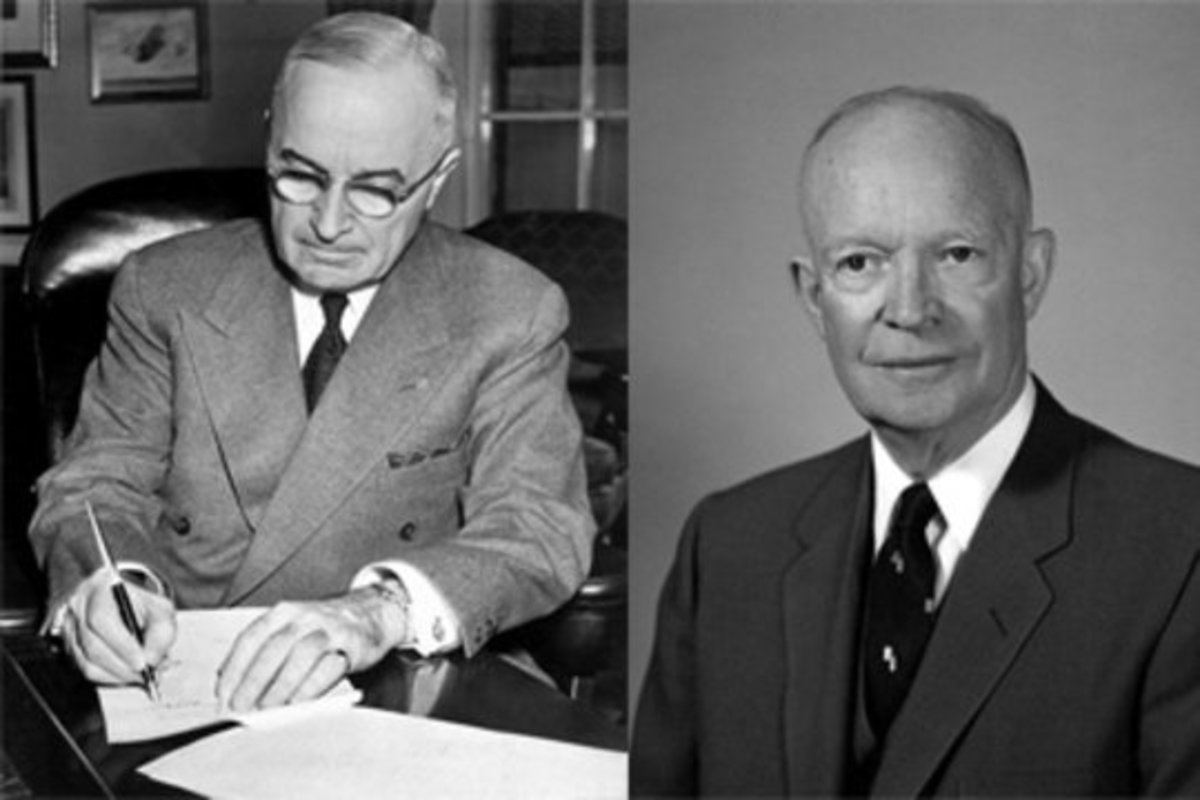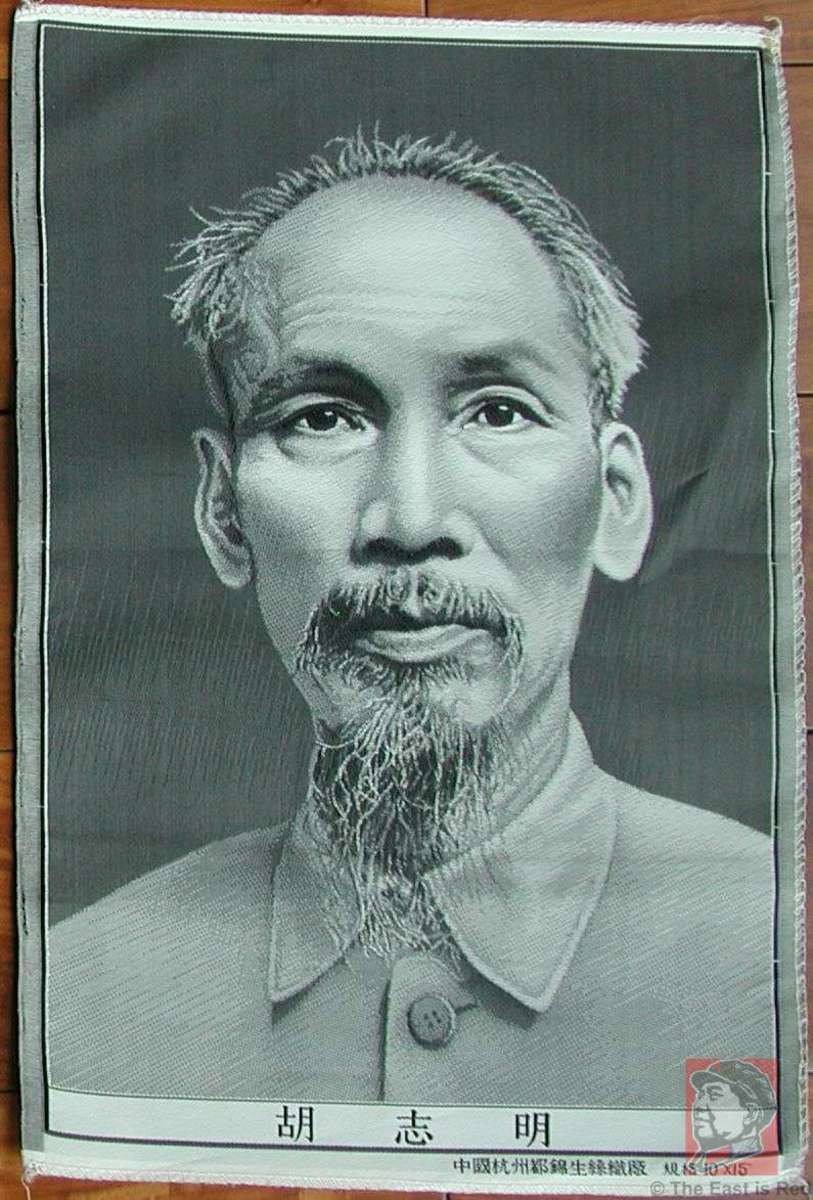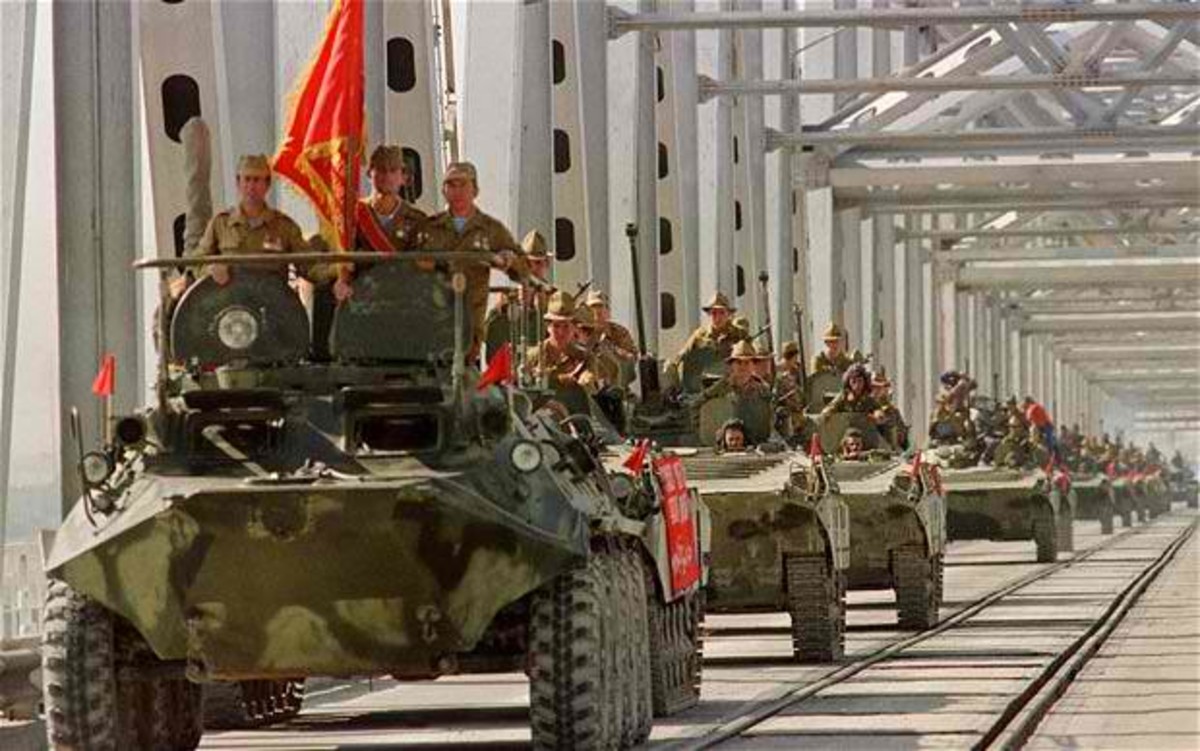What Was the Effect of the Cold War on US-China Relations?
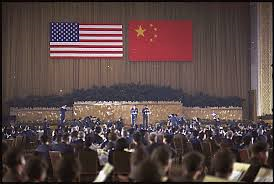
Plan of Investigation
This investigation covers all of the aspects of an international relationship, such as trade, tourism, etc before, during, and after the Cold War. I will be using mostly internet journal articles as sources because they are the quickest to locate. I also have two physical print books.
As I am investigating to see how U.S. and China mingled after the Cold War, I also have to examine the details of their relationship before it. I’ll look at trends such as tourism, immigration, and others that show how the private citizens of these nations interacted.
Summary of Evidence
In 1927, a civil war broke out it China between Communists and Nationalists, with a break during the Second World War (Brownwell, 2009). The Communists were led by Mao Zadong, while Chiang Kiashek led the Nationalists. By 1948, Chiang and the Nationalists were losing their hold on the nation due to the weak and corrupt government and poorly led military. When the Nationalist leader asked Truman for help, the U.S. President denied him. In Truman’s opinion, saving China wasn’t worth the price the United States would have to pay. Historian Martin Walker made a valid point about the US not getting involved. The country had already given China so much that if they gave anymore, the US “would virtually have to take over the Chinese government… It would involve the U.S. in a continuing commitment from which it would be practically impossible to withdraw.” So, without the help, Chiang’s forces fled and Mao declared victory, making the world’s most populous nation also a Communist one.
Since the United States had supported the Nationalists during the Chinese Civil War, and continued to do business with the Nationalist government in Taiwan, the Chinese Communist Party saw the U.S. as a serious threat to the PRC. In turn, Beijing turned to the Soviet Union to help with their U.S. problem (Xia, 2008).
The Korean War further tightened the strain on the relationship between the two nations. The PRC and United States would be locked in a three year war in the Korean peninsula. After China entered the Korean War in October 1950, the U.S. would perceive them as a major threat to its key interests in Asia and to the security of Japan. The Democratic nation took a hard line by toughening the US economic embargo against the PRC.
After President Nixon took office, he began to create better relations between the U.S. and China. The American travel ban on Communist China was lifted and the trade embargo was erased. While reaching out to “Red China” was a bold move for any U.S. President, Nixon was better suited for the task than anyone, as his lifelong strong anti-Communist stand prevented him from being accused of being soft on Communism.
Evaluation of Sources
The first source to be evaluated is a book entitled, The Cold War, written by Richard Brownell. This book was valuable in that it has a detailed section on the Cold War and China. It was a very useful tool for getting the information needed for this investigation, as it explained the United States’ role in the struggle between the Communists and Nationalists during the Chinese Civil War. The book even went as far to point out how the US possibly caused the Communist takeover of China. Its limitation was that it didn’t expand on the implications of China becoming Communist. It didn’t tell how this event affected the world.
The second source is an article entitled The Cold War and Chinese Foreign Policy by Yafeng Xia. This article was useful because it gave post-Chinese Civil War information in regard to the Sino-American relationship. The information provided went very deep in explanation of the events as well. Its limitation was that it didn’t really provide information on before the Chinese Civil War.
Analysis
While there was no doubt that the US’s refusal to help the Nationalists in the Civil War was a major factor in the nation’s fall to the Communists, it must be pondered about the Nationalists’ right to ask for help.
Within the anti-Communist side of the struggle, there was corruption and poor leadership, which made the Nationalists weak and vulnerable. Some could argue that even with US intervention, the Communists still would’ve taken control. The Nationalists were virtually standing in their own way.
However, there is also a side that could argue that with US aide, the Nationalist effort could have prevailed, despite its shortcomings. It can be said that with enough money and US troops. the Communists would’ve been overwhelmed and forced to surrender.
While Nixon’s reaching out caused the US-Red China relationship to get better, some have to wonder about what would’ve happened if he hadn’t reached out. The relationship would’ve probably stayed the same. While the Cold War ended with the collapse of the Soviet Union in 1991, the relationship between the United States and China would have remained somewhat hostile.
However, another way to look at Nixon not reaching out to China is that they would’ve eventually worked out their differences. The collapse of the Soviet Union and the end of the Cold War would’ve encouraged the two nations to stop their feud, or, at the very least, to thaw out their rivalry.
Nixon’s reaching out could’ve also backfired. Some could’ve seen this as almost surrendering the Cold War. This, in turn, would’ve made the US look weak in the eyes of other international players.
After China got involved in the Korean War, things could’ve definitely gotten a lot worse than they did. If Truman had went along with General McArthur’s plan of launching a full on war against China, the war could have possibly reached the scale of the Second World War.
Conclusion
The relationship between the United States and China deteriorated during the Cold War, but in the end was repaired enough that it became a good business relationship
The first shot to the relationship was the fall of China to Communism, which some could argue was the fault of the United States. Immediately following this was the Korean War, which put the two nations at odds on the battlefield. The stakes got so high that one of America’s most respected and popular Generals wanted to launch a full scale attack on the People’s Republic of China. Luckily, though, the president shot the idea down. Their relationship was damaged even further by the creation of the Sino-Soviet Alliance, a military alliance between the People’s Republic of China and the Soviet Union. However, this relationship eventually fell through the cracks.
When Richard Nixon became the US president, the relationship between the two rival nations began to improve. President Nixon reached out to China so that they could thaw out the coldness between them.
Eventually, the thawing created their current relationship, the business one they have now. They are major trading partners, mainly with the US buying Chinese products.
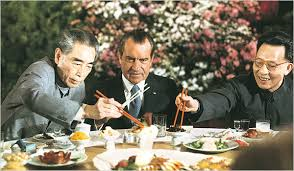
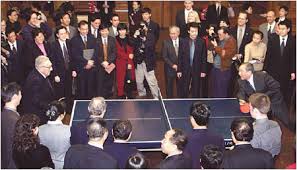
Nixon in China
References
Brownell, R. (2009). The cold war. Farmington Hills, MI: Gale Cengage Learning.
Huanwen, C. (2001). The effect of the cold war on librarianship in china. Libraries & Culture, 36(1), 40-50. Retrieved from http://www.uri.edu/personal/yanma/597cl/Chineselibrariescoldwar.pdf
Lynch, M. (2008). The people's republic of china 1949-76. (2nd ed.). Hodder Education.
Wallerstein, I. (2010). The cold war in asia: The battle for hearts and minds. Retrieved from http://www.iwallerstein.com/wp-content/uploads/docs/wallerstein-article-cold-war.pdf
Yafeng, X. (2008). The cold war and chinese foreign policy. e-International Relations, Retrieved from http://www.e-ir.info/2008/07/16/the-cold-war-and-china/
Zagoria, D. S. (1991). The end of the cold war in asia: Its impact on china. The China Challenge: American Policies in East Asia, 38(2), 1-11. Retrieved from http://www.jstor.org/discover/10.2307/1173874?uid=3739920&uid=2134&uid=371523431&uid=2&uid=70&uid=3&uid=3739256&uid=60&uid=371523421&sid=21102343786447

